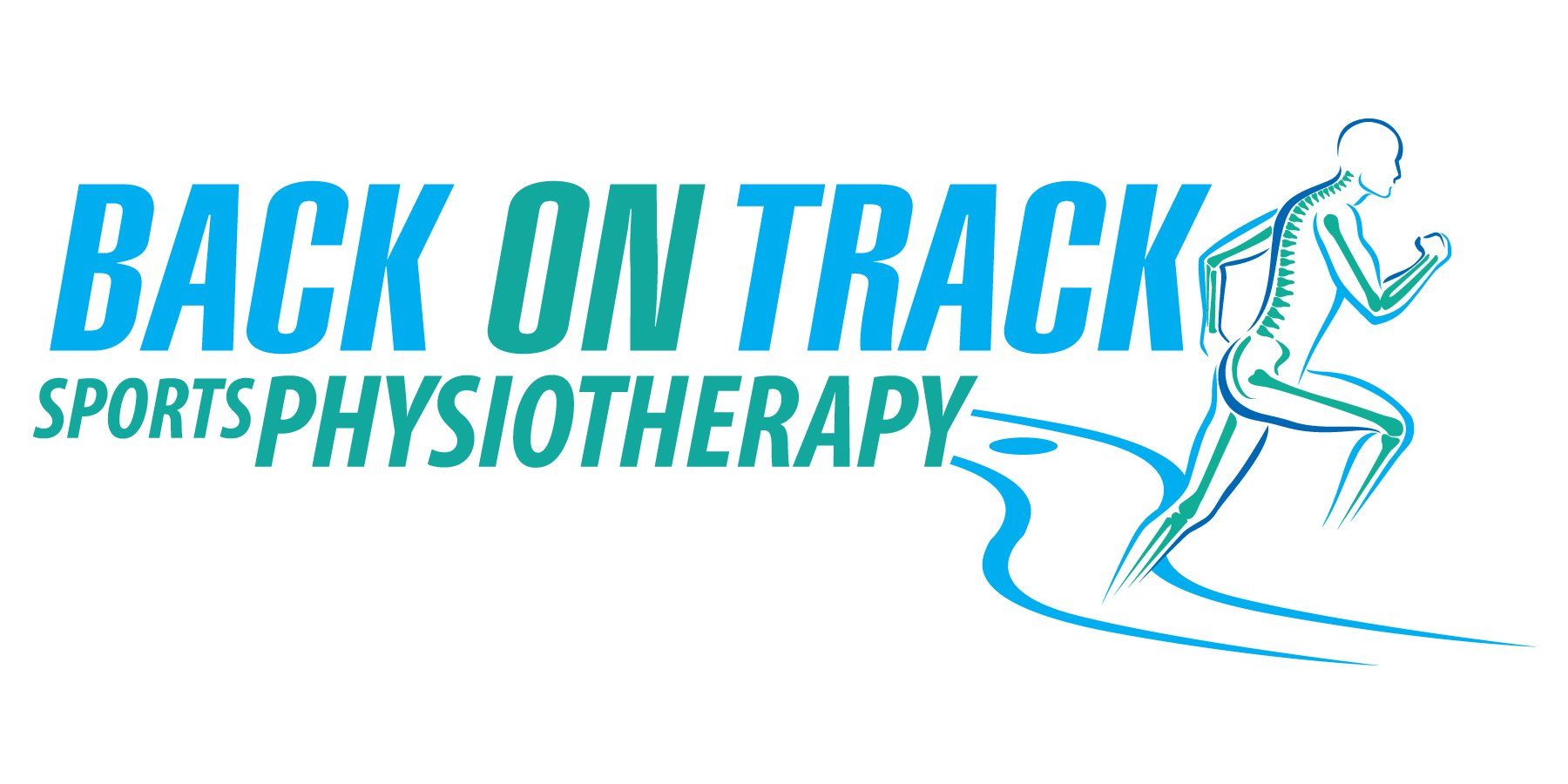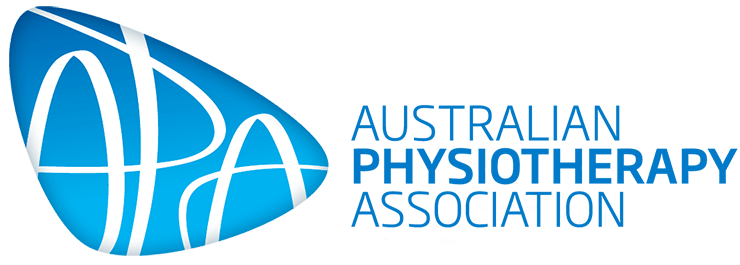How we can help
At our practice, our team of highly experienced physiotherapy practitioners is dedicated to enhancing your movement and overall well-being. With specialised training, extensive knowledge, and advanced skills, we diagnose and treat various conditions while emphasising injury prevention through education. We empower you to prevent future setbacks and ensure your recovery journey is both engaging and educational.
Additionally, Hamid, our APA Titled Sports and Exercise Physiotherapist, brings over a decade of experience in sports physiotherapy, holding prestigious roles such as Tennis Australia ATP/ITF Sports Physio and APA lecturer for Level 1 Sports Physiotherapy Course. With his expertise and dedication, we provide tailored, comprehensive care.
Sports Physiotherapy services
Injury Prevention: Providing guidance on proper warm-up techniques, stretching exercises, sports-specific retraining and drills and strength training programs to reduce the risk of injuries during sports activities. Exercise is a cornerstone of physiotherapy intervention. Sports physiotherapists design customised exercise programs tailored to the athlete's specific needs, focusing on strengthening weak muscles, improving flexibility, and enhancing proprioception. These exercises not only aid in pain management but also promote overall performance enhancement and injury prevention.
Rehabilitation: Developing personalised rehabilitation programs to help athletes recover and regain strength, mobility, and function after injury. Timely and accurate diagnosis and treatment of an acute injuries can help to expedite the healing process, decrease pain and restore neuromuscular function sooner.
Pain Management: Utilising various modalities such as manual therapy, advanced joint treatments, spinal manipulation, neurodynamic mobilisation, soft tissue massage, shock wave therapy, dry needling, strapping/Kinesio tape application to alleviate pain and discomfort associated with sports injuries.
Performance Enhancement: Working closely with athletes to analyse the movement patterns and biomechanics including a gait and running analysis to identify any faulty mechanics or movement dysfunctions that may contribute to pain or injury. By addressing these issues through corrective exercises and movement retraining, we can help alleviate pain, optimise their physical conditioning, biomechanics, and movement patterns, thereby enhancing overall athletic performance.
Return to Sport: Guiding athletes through a gradual return-to-sport protocol to ensure a safe and successful return to competitive play while minimising the risk of re-injury.
Education and Training: Educating athletes about injury prevention strategies, proper body mechanics, and self-management techniques to empower them to take an active role in their own health and well-being.
Common sporting injuries
Enhance your recovery and performance - tailored sports physiotherapy solutions for achieving peak athletic performance and accelerating your return to sport. Here are some common sporting injuries we treat:
- Sprains and strains
- Fractures
- Dislocations
- Tendonitis
- Ligament injuries (ACL, MCL, PCL, LCL)
- Meniscus tears
- Rotator cuff injuries
- Tennis elbow (lateral epicondylitis)
- Golfer's elbow (medial epicondylitis)
- Shin splints
- Patellofemoral pain syndrome (runner's knee)
- Achilles tendonitis
- Plantar fasciitis
- Concussions
- Muscle cramps or spasms
- Stress fractures
- Muscle strains (hamstring, quadriceps, calf)
- Shoulder impingement
- Runner's/jumper's knee
- Ankle sprains (inversion, eversion)
- Groin strain
- Hamstring tendonitis
- Tennis/golfer's elbow
- Rotator cuff tendonitis
- Hip flexor strain
- IT band syndrome
- Bursitis (e.g., hip, shoulder)
- Patellar tendonitis
- Achilles tendon rupture
- Contusions (bruises)
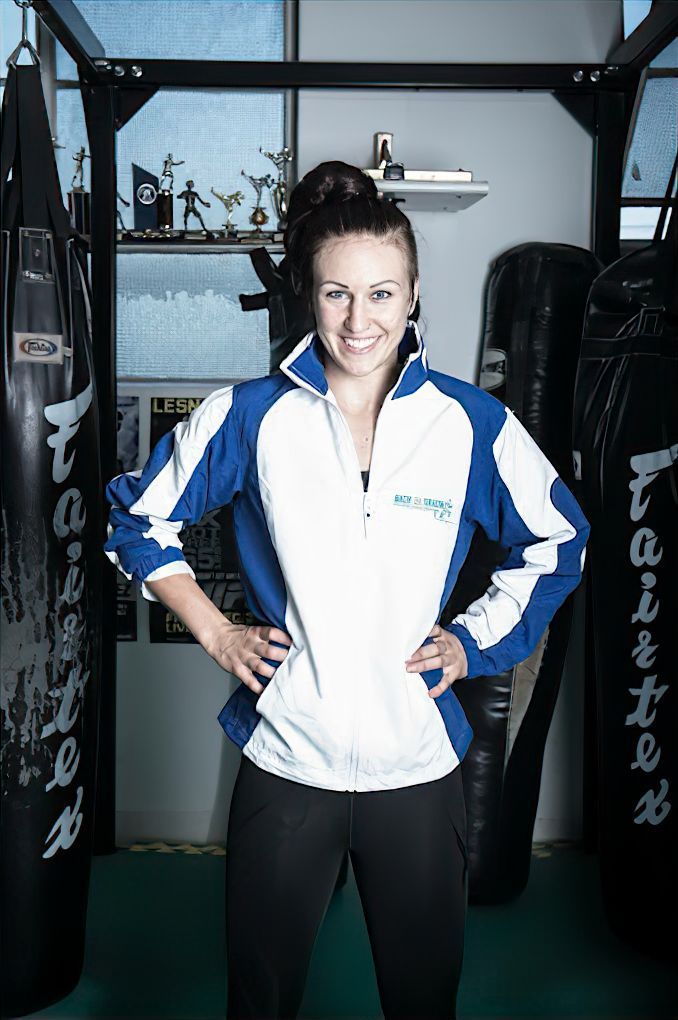
Sports Physiotherapy Services
- Advanced joint treatments
- Spinal manipulation
- Neurodynamic mobilization
- Soft tissue massage
- Shock Wave Therapy
- Dry needling
- Personalized exercise prescription and strengthening programs
- Biomechanical assessments of techniques
- Gait and running analysis
- Musculoskeletal screening
- Strapping/Kinesio tape application
- Injury prevention & training load management
- Clinical and mat Pilates sessions
- Education on effective training regimes
- Sports-specific retraining and drills

Physiotherapy Gym for Injury Prevention and Recovery
Welcome to our state-of-the-art gym nestled within our physiotherapy center, where strength meets rehabilitation and injury prevention. Our facility is meticulously designed to facilitate comprehensive training programs tailored to your individual needs.
From targeted exercises aimed at rehabilitating injuries to proactive strategies for injury prevention, our expert team is here to guide you every step of the way. With cutting-edge equipment and personalized attention, we're dedicated to helping you achieve your fitness and wellness goals safely and effectively.
Sports Physiotherapy at Back on Track
In our clinic, our physiotherapists collaborate closely with you to comprehend your injuries, helping you regain functionality without pain, ensuring you can remain active, healthy, and satisfied. With a focus on acute cases, we prioritize precise diagnosis and prompt treatment to accelerate healing, relieve pain, and swiftly restore neuromuscular function.
Recovery, Nutrition & Psychology
Recovery
Ongoing good nutrition and recovery are key to high performance.
Before training: eat and drink, keep well-hydrated, monitor your weight with minimal clothing, and make sure you warm up properly.
For the first 5-10 minutes after training: cool down with light aerobic exercise, eat a high protein snack, stretch and hydrate!
10-20 minutes after training: continue to hydrate and self-massage.
Within two hours after training: eat food and continue to hydrate.
That evening: have a warm shower, continue to hydrate and use relaxation techniques.
Next day: check urine colour, eat healthy foods and do a pool recovery session.
Nutrition
When playing sports you can sustain an injury. We
provide you with basic nutritional advice and if necessary we refer you to a sports dietitian.
Psychology
Poor recovery can contribute to stress, staleness, burnout and injuries.
Athletes must recuperate through a variety of recovery strategies and they should be diligent about applying them regularly.
Recovery strategies include regeneration, physiological and behavioural strategies and some coping responses.
Increased physical, mental and emotional demands and stressors on the athlete require greater recovery.
The psychological gains from good recovery practices include: increased motivation, a stronger sense of wellbeing and the reduction of training and life stress.
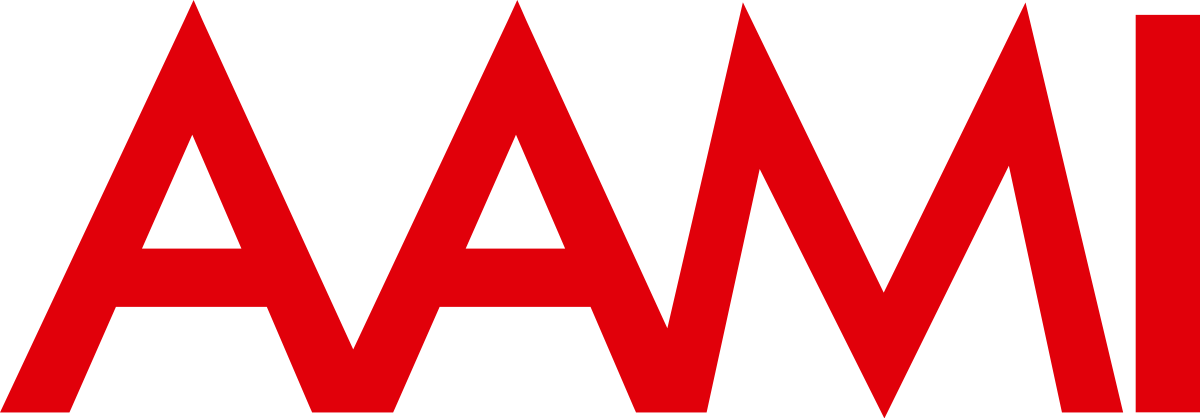

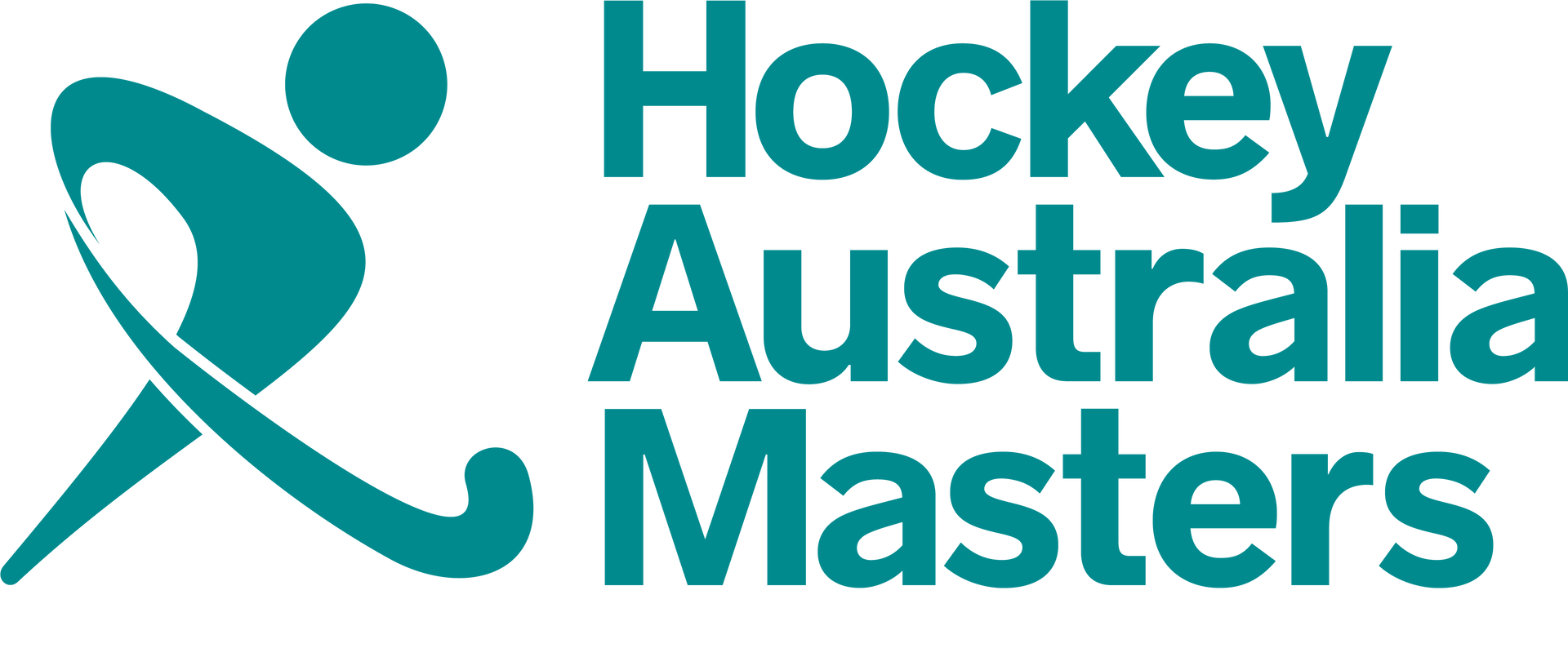


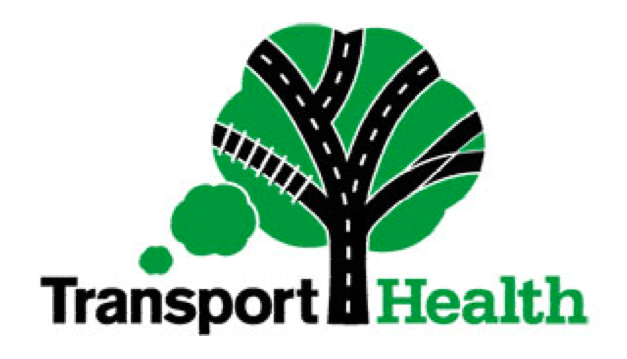
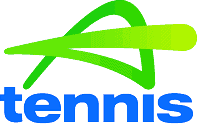





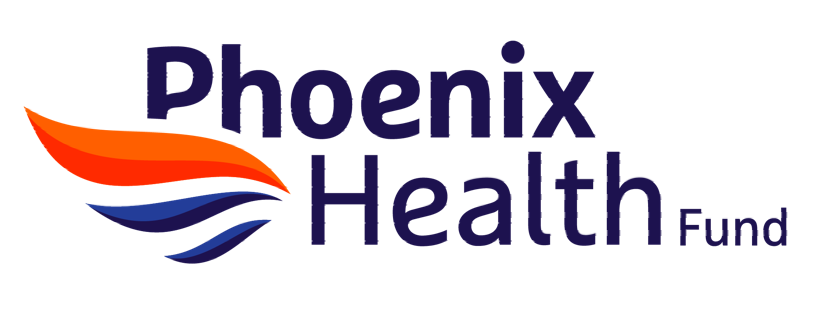
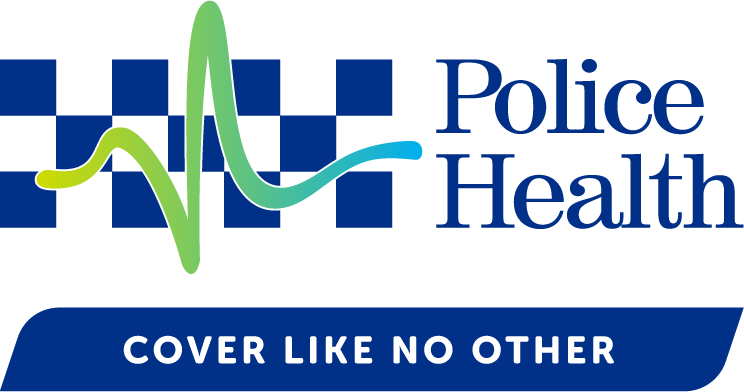




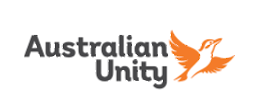


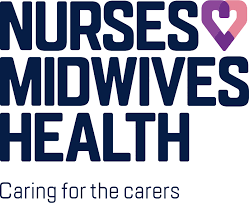
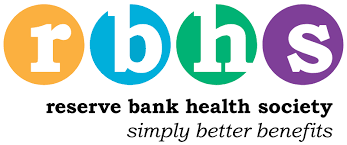



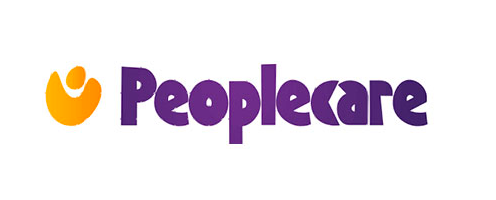
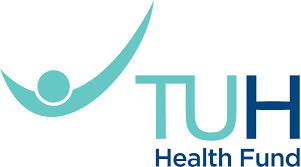

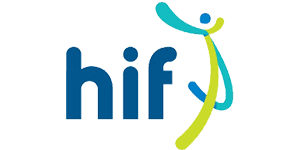
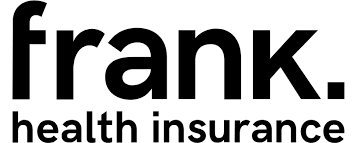












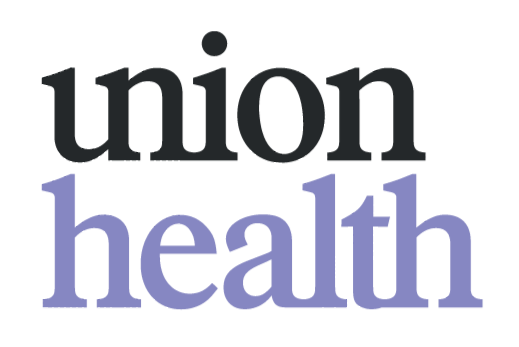







Conditions We Treat
Back Pain & Injury
Neck Pain & Injury
Headaches & Migraine
Lower Limb Pain
Plantar Fasciitis
Hip pain
Pregnancy Related Pain
Shoulder Pain & Injury
Wrist & Hand Pain
New Title
Pelvic pain
Post-surgery rehabilitation
Sports injuries
Joint pains
Spinal stenosis
Foot and ankle pain
Muscle strains and sprains
Disc conditions
Sciatica
Postural pain
Contact Us
Phone: (03) 9813 8852
Email: info@backontracksportsphysiotherapy.com.au
Address: 19-21 High Street, Glen Iris
Local Physio Servicing Glen Iris, Malvern, Malvern East, Ashburton, Hawthorn East, Camberwell, Toorak, Burwood, Canterbury, Surrey Hills, Armadale, Carnegie, Caulfield, Chadstone, Kooyong and South Yarra.
